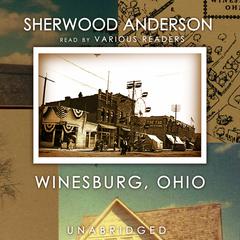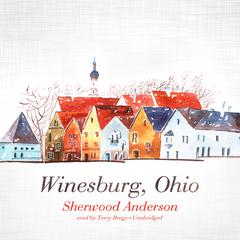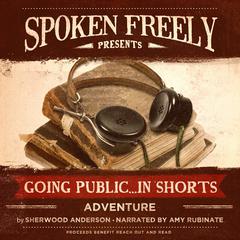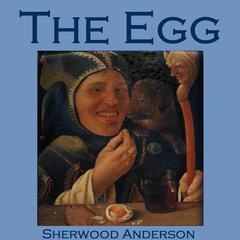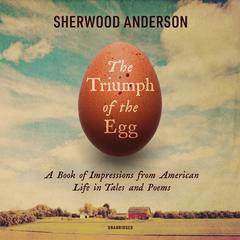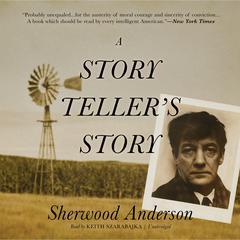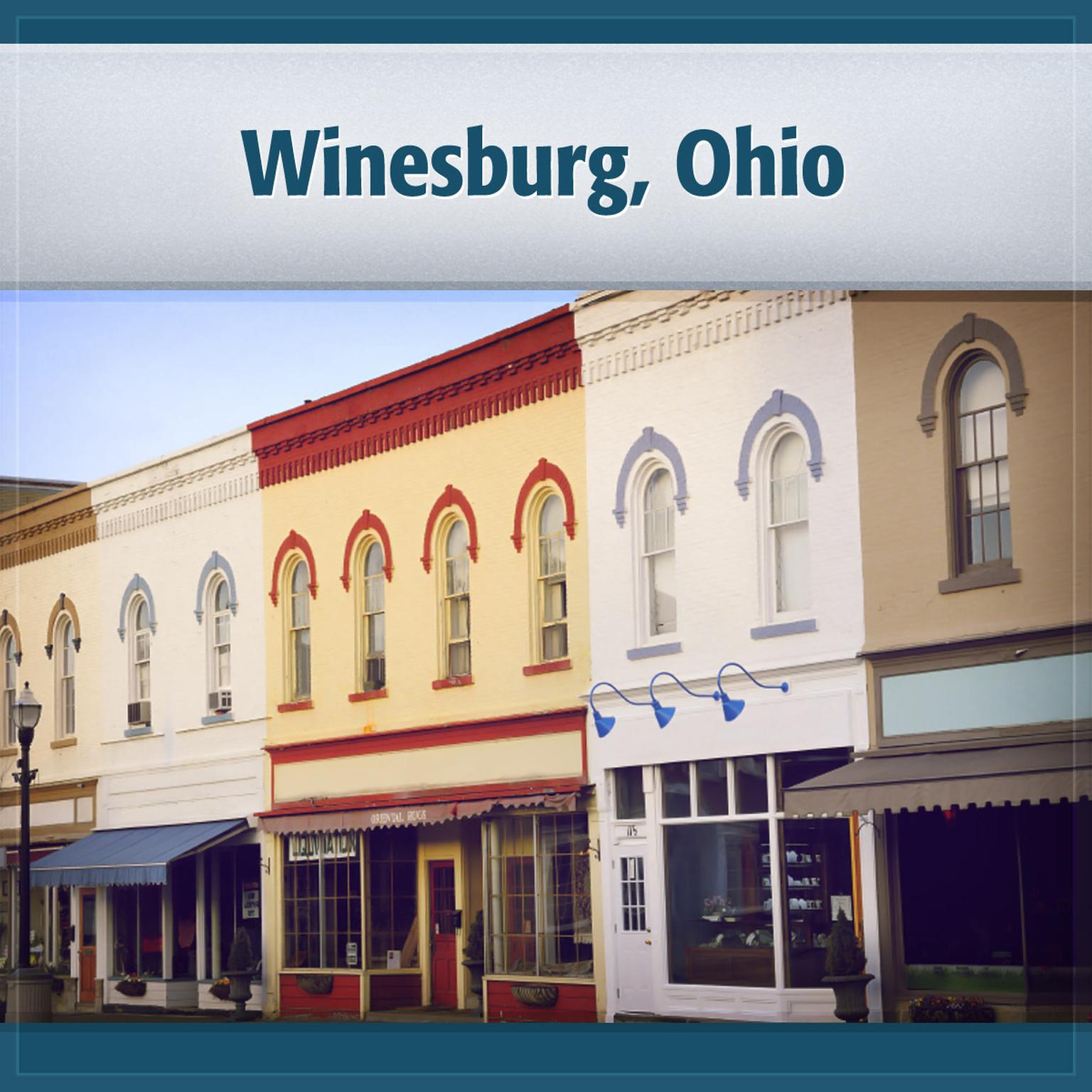 Play Audiobook Sample
Play Audiobook Sample
Winesburg, Ohio Audiobook
 Play Audiobook Sample
Play Audiobook Sample
Quick Stats About this Audiobook
Total Audiobook Chapters:
Longest Chapter Length:
Shortest Chapter Length:
Average Chapter Length:
Audiobooks by this Author:
Publisher Description
Winesburg, Ohio has the most memorable cast of characters in twentieth-century fiction. Listeners will remember at least a few stories and their characters for the rest of their lives. Each of the 23 stories stands on its own. Each is also interwoven into the fabric of the book. Winesburg has a special glow, a grace, poignant feelings, and a magical quality. Winesburg moves forward in a cascading fashion to the final chapters with Helen White, the most beautiful and richest girl in Winesburg, and “Departure” with George Willard, the charismatic character instrumental to all the characters, who reveal themselves through conversation—or a lack of it—with George.
The primary characters in some stories become the bit characters in others, much as Tom Stoppard showed that Hamlet was only a bit character in the lives of the hangers on, Rosencrantz and Guildenstern. Winesburg avoids isms, making it a purely literary work. The only political comments involve characters talking to each other, not pushing political views. Winesburg is not narrowly realistic as in Dreiser's novels. Rather, Winesburg is broadly realistic, because it involves everything good and bad about people and their circumstances.
At first it seems that everyone is stuck in Winesburg. But as you listen, you will notice that most people have been elsewhere or are on a road from or to some other place, either physically or in dreams. The town is vibrant with the “moving on” of American life, both in the character’s thinking and doing. For all of these reasons, these characters seem far more timeless than those of more famous twentieth-century authors, such as Hemingway, Fitzgerald, Dreiser, Lewis, or Faulkner. Those authors recognized this at some level and, with the exception of Fitzgerald, acknowledged that Anderson was the master from whom they learned. Jack Kerouac may have said it best: “Winesburg sticks to your ribs.”
Download and start listening now!
Winesburg, Ohio Listener Reviews
Be the first to write a review about this audiobook!
About Sherwood Anderson
Sherwood Anderson (1876–1941) was born in Camden, Ohio. Largely self-educated, he worked at various trades while writing fiction in his spare time. For several years he worked as a copywriter in Chicago where he became part of the Chicago literary renaissance. As an author, he strongly influenced American short-story writing, and his best-known book, Winesburg, Ohio (1919), brought him recognition as a leader in the revolt against established literary traditions.
About Deaver Brown
Deaver Brown is an author and entrepreneur. He is a graduate of Harvard Business School, and his books include Crucial Conversations, Presidential Wisdom, George Washington: Farewell Address, and numerous others.




